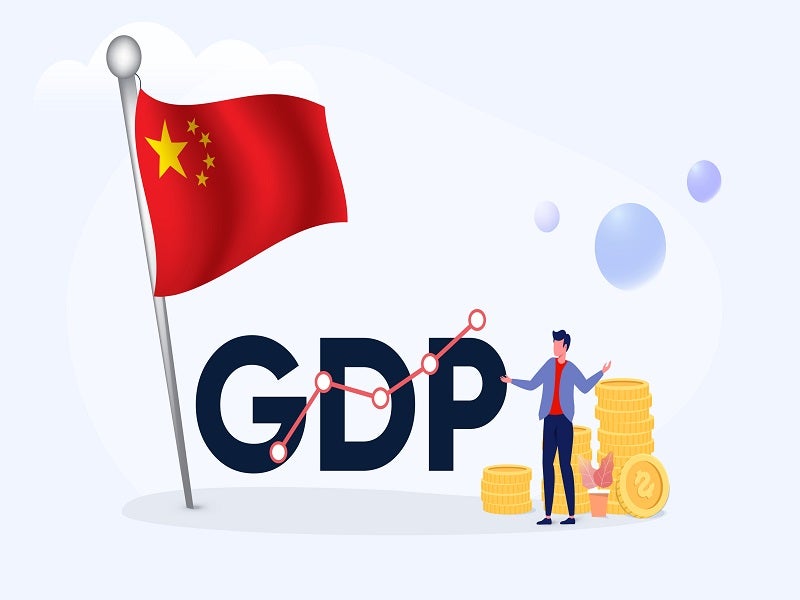
China is the only country projected to growth amid the pandemic in 2020. The country, however, may not be growing through demand but rather through public debt and foreign debt. Macroeconomic influencers share their views on the Covid -19 impact.
Daniel Lacalle
Daniel Lacalle, chief economist at Tressis SV, tweeted on how the weak consumption recovery and high inventory in China do not indicate GDP growth in the country as suggested by headlines. He noted that China is improving its GDP through production but not through demand.

Discover B2B Marketing That Performs
Combine business intelligence and editorial excellence to reach engaged professionals across 36 leading media platforms.
Lacalle noted that the export side of the economy still remains weak and that the country is actually growing its GDP by increasing its debt as well as foreign debt.
China weak consumption recovery and high inventories show that GDP growth is not as robust as headlines suggest. pic.twitter.com/IlFEnZdOcb
— Daniel Lacalle (@dlacalle_IA) August 31, 2020

US Tariffs are shifting - will you react or anticipate?
Don’t let policy changes catch you off guard. Stay proactive with real-time data and expert analysis.
By GlobalDataProf. Steve Hanke
Prof. Steve Hanke, economist at Johns Hopkins University, shared an article on the political and economic crisis in Zimbabwe. Western diplomats have raised concerns over the country, which has been suffering with inflation at more than 800%.
Further, nurses have been on strike in the country and several political opponents have been arrested raising concerns over human rights violations and use of authoritarian tactics. Diplomats note that the pandemic must not be used as an excuse for restricting the freedom of citizens. Hanke opines that Zimbabwe is on the verge of collapse under these conditions.
Western diplomats are right to be concerned over #Zimbabwe's crisis – nurses are on strike, political opponents have been arrested, & inflation is at 735.78%/yr by my measure. Under the incompetence of @edmnangagwa, Zim is on the verge of total collapse.https://t.co/FI5DQb0BYO
— Prof. Steve Hanke (@steve_hanke) August 31, 2020
Rupa Subramanya
Rupa Subramanya, an economist, tweeted on the impact of the lockdown measures in India. The country had one of the longest and strictest lockdowns in the world, which led to a decline of 24% in GDP in Q2.
India’s Q2 GDP contraction is the largest among other global economies and only second to Mexico at 18.7%. With more than 80,000 daily new cases, the pandemic has had a far greater impact on the country when compared to other countries.
The longest and the strictest lockdown in the world led to a 24% GDP decline in India in Q2 of 2020. By far the steepest contraction among major global economies.
With close to 80 thousand daily new cases currently, the "Act of God" has been much harsher on India. pic.twitter.com/Riq9Hp3LLi
— Uday Tharar (@udaytharar) August 31, 2020
Dean Baker
Dean Baker, senior economist at the Center for Economic and Policy Research, tweeted his views on the growing debt of Japan. The country has a debt to GDP ratio of 250%, which is twice that of the US. Despite the high debt, the country does not face any of the problems such as high interest rates of the debt burden as claimed by experts.
Japan pays 0.05% interest on its long-term bonds, while majority of its debt carries a negative interest rate making its debt burden zero. Further, the country does not have any inflation problem.
The inflation rate in 2019 was at 0.5% and the country has been struggling to increase it. Baker noted that there is little evidence to support the idea that Japan is suffering from problems due to high debt.
https://twitter.com/DeanBaker13/status/1300455670756466690



